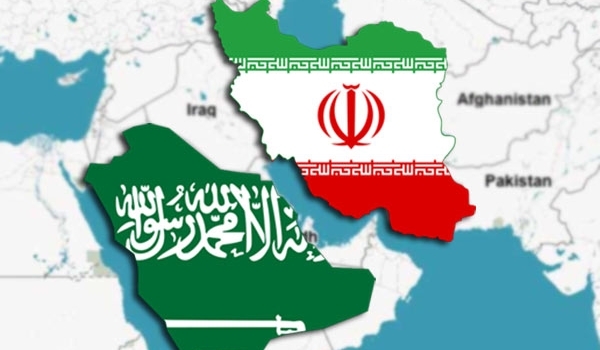
Saudi Arabia Ratchets up Regional Tension with Iran
This article is by ASP Adjunct Fellow Asha Castleberry
The diplomatic rift between Iran and Saudi Arabia is a clear sign that sectarian and national rivalries are getting worse in the region. It is also an indication of a newly aggressive leadership style in Saudi Arabia. After the passing of King Abdullah bin Abdulaziz Al Saud, King Salman and his young defense Minister, Mohammad bin Salman, appear to be trying to be more tough countering Iranian threats. Evidently, the Saudi relationship feels overwhelmed with security challenges associated with Iranian aggression. The Saudis believe themselves in a regional hegemonic race with Iran.
In Yemen, Gulf Cooperation Council (GCC) states, led by Saudi Arabia have lost a considerable number of soldiers and ended the ceasefire with Al-Houthis.
For the ISIS campaign, GCC states are not in favor of the Shia militias involvement in Iraq against ISIS. They view their involvement as expanding their influence in Iraq while impacting the Sunni communities. Also, Saudi Arabia has been displeased with Iran’s assistance in beefing up the Bashar Al-Assad regime. As a result, it was a matter of time that Saudi Arabia and Iran would hit a critical low in their relationship. Among all of the GCC states, Bahrain (Saudi Arabia’s little brother) accuses Iran of interfering in internal affairs and tried to issue a complaint to the United Nations.
Another concern is the recent recall of the Kuwait Ambassador in Tehran. Prior to this fiasco, Kuwait did show some signs of trying to restore relations with Iran. Currently, both Sunni-Shia communities co-exist peacefully in Kuwait. In 2014, the emir of Kuwait participated in a historic visit to Iran as a way to restore relations. Beyond that unprecedented event, Kuwait was vacuumed in the Yemen mission and pressured to send troops to the Saudi-Yemen mission. For quite some time, Kuwait only provided air assets.
Oman will attempt to be the mediator between the two. Oman’s independent foreign policy has shaped them to be a regional peacemaker and played an instrumental role in the Iran Deal. It is not surprising that Oman is the only GCC state that has not completely cut off ties with Iran and condemned the execution of Sheikh Nimr al-Nimr. Of course, Iranian President Rouhani appreciates Oman’s role. The spiraling down relationship with Saudi Arabia is a political blow for his 2013 presidential campaign goal is to restore relations with GCC states and Western countries. President Rouhani initially condemned the execution of Sheikh Al-Nimr Nimr and issued an arrest of those people that attacked the embassy. However, the Ayotallah only condemned the attacks against the embassy and mentioned no support for the arrests.
The developing situation between Saudi Arabia and Iran can be described as a “regional cold war that may heat up.” Since the Yemen conflict, we should not be surprised with Saudi’s aggressive decisions towards Iran. With the support from the U.S., Jordan, Oman, the UN and other important countries, the current issue could potentially cool off. The best immediate advice is to urge continuation of diplomatic ties and do not pursue a hardline choice between the two nations. Both countries have the moral responsibility to mutually address this issue through peaceful dialogue and respect.
The Saudi Arabia vs. Iran issue should not be surprising to anyone in the United States. If you are following any of the regional media outlets, there is always a compliant from GCC government officials about Iran on a weekly basis. The region is already inundated with ongoing security challenges involving the Syrian Crisis, the Yemen conflict and the war against ISIS. The U.S. needs both Saudi Arabia and Iran to participate in peace talks regarding Syria as well as ISIS, as the intensifying sectarian strife in the region does not hurt Daesh. Deepening sectarian tensions could help the recruitment of Sunnis to join ISIS. However, the region cannot afford to endure another painful escalation that could deepen regional instability.





